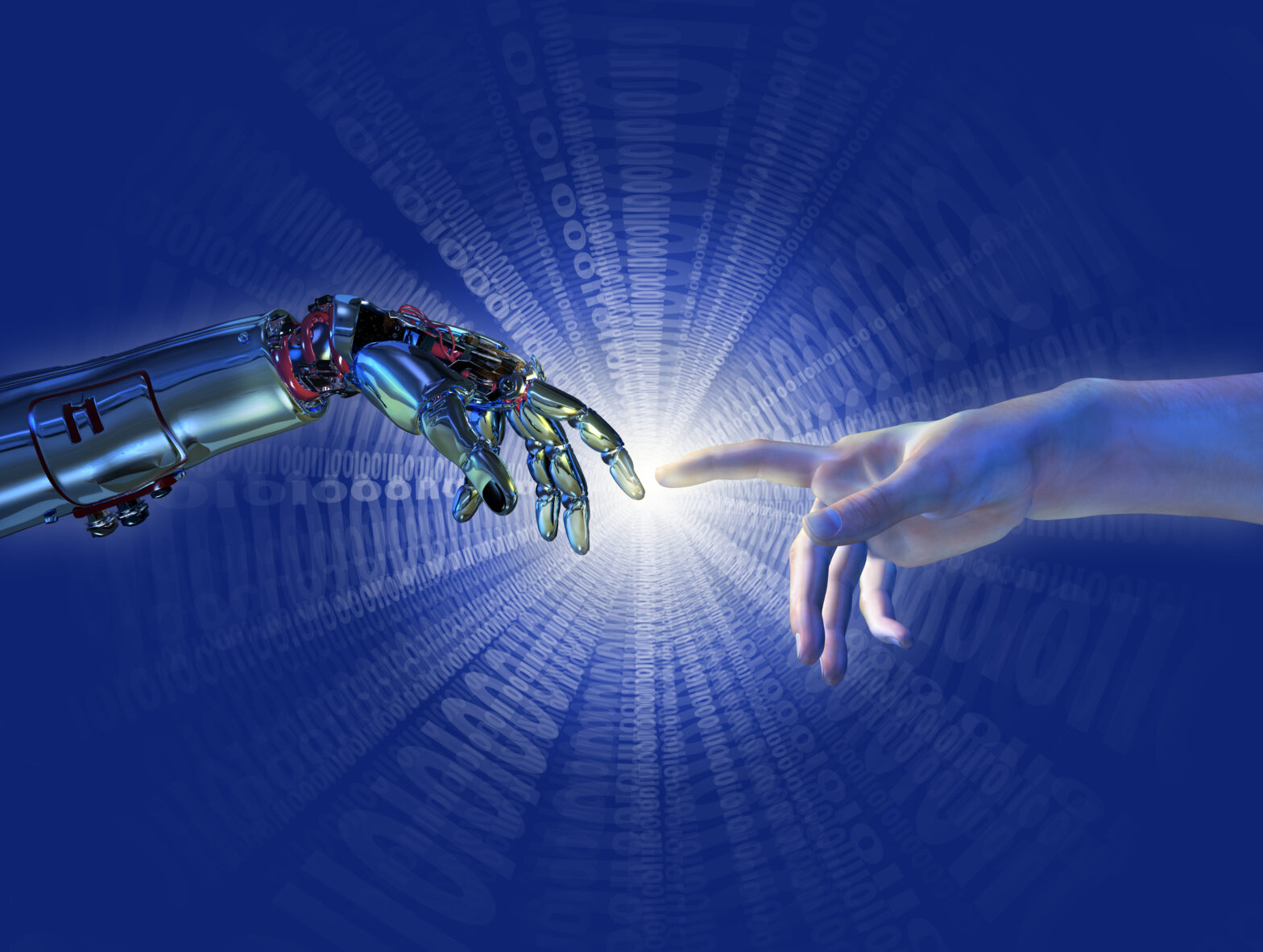Everyday, most people around the world are using artificial intelligence (AI) in their day-to-day lives.
That is the suggestion from Japp Zuiderveld, VP of EMEA at NVIDIA.
“It is already out there, people are already using it, or you are already using it, everybody is using it without knowing it and it facilitates the services you have today.”
In the interview he referred to Google Translate as the very simplest example of AI that people use on a daily basis.
>See also: Automation will transform marketing but brands need to allay ‘consumer fears’
Despite this, however, he explained that it is still in its infancy and that common preconceptions of the technology are wrong.
Many people, Zuiderveld said, imagine AI as robots that can learn and self-think. This is not the case and will not be for a significant period of time. “We are nowhere near that.”
“People speak about AI a lot and think about it trying to be better than a human brain. I think if you really understand AI, it’s about solving existing problems for businesses and for human beings.”
AI solutions
This idea forms the foundation of Zuiderveld’s understanding of AI. It is there to help solve the world’s problems and to improve business operations.
“We can solve problems, like what are the main causes of death in the world. There are three: heart attacks, cancer and accidents in traffic, fatal accidents.”
He referred to smart sensors on pavement crossing that could help reduce fatalities and mentioned a doctor in Germany who said she can now “finish her life’s work” on Alzheimers, because of AI and hopefully, eventually come up with a “cure for the disease”.
“The thing is for us to understand the capabilities, because they are immense. We’re still learning, we’re learning so much and I think that is what we’re aiming towards.”
>See also: AI-driven unemployment is ‘unavoidable’ and financial institutions are ‘scared’
This immense potential AI offers must be monitored, however. Specifically, as Zuiderveld suggested, surrounding the education and upskilling of people.
“Jobs will change and the danger is that you don’t start to educated yourself on what this revolution might be.”
It is important for people to understand “how can AI help and what AI can do”.
He was not in the mindset, however, that jobs will be replaced and suggests that with every “revolution” jobs are created and advanced. “You will always need a human,” and that is one of misconceptions people have of AI, he said. That the technology will replace the need for people.
The rise of AI
In the past, Zuiderveld stated that despite always being there, AI was not widespread because it was “too expensive or too complicated to implement”.
Now, “it enables you to do things that we weren’t able to do at an affordable price a couple of years ago”.
>See also: AI can transform the medicinal industry
“Today, it’s been more affordable because of GPUs [graphic processing unit] and if you make it accessible to, let’s say, the enterprise community I think you will see a lot of developments or a lot of cases where people will use deep learning or AI to improve either customer services, the way they approach customers and many more things.”
In a closing note, he suggested that US was a couple of years ahead of Europe in terms of AI preparation, but remained convinced the technology will have a significantly positive impact on social and business problems.







